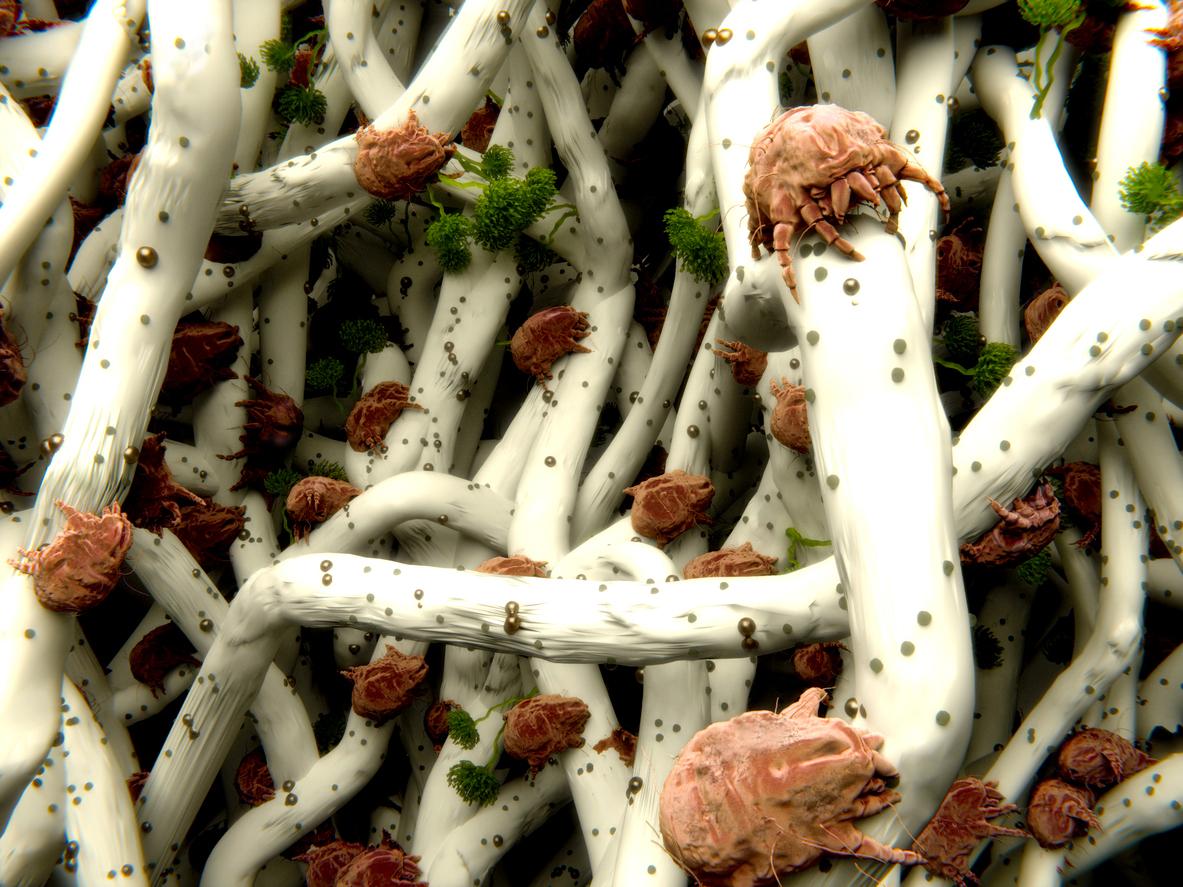Researchers at the University of Chicago have discovered that clostridium bacteria, present in the intestinal flora, protect against peanut allergy, which is widespread in the population and so far incurable.
A conclusive experiment carried out on mice
This finding was highlighted after trials with mice genetically engineered to be allergic to peanuts.
The researchers administered this bacteria to three groups of rodents. The first had been raised in a sterile environment without germs, the second had been treated with antibiotics soon after birth, greatly reducing their intestinal bacterial flora. And the third group of rodents had been raised without treatment.
The first two groups of mice had very strong immune responses to peanuts compared to rodents with normal intestinal flora.
“But this excess of sensitization to peanut allergens could be greatly reduced by reintroducing a mixture of clostridium bacteria into their intestines”, explain the researchers.
“In contrast, the reintroduction of another important group of intestinal bacteria, the bacteroids, did not yield any results, indicating that clostridia do play a unique protective role against allergies.”
“The overuse of antibiotics, high fat diets, cesarean births, the elimination of common pathogens in the environment and even the composition of infant formulas have affected the evolution of our flora», Explains Cathryn Nagler, professor of food allergology at the University of Chicago, the main author of this work.
“Our results suggest that all of these factors could contribute to a growing susceptibility to food allergies,” she says.
“The results of this research are exciting because we know these bacteria and we know how to use them,” says Professor Nagler. “There is of course no guarantee but this treatment can be easily tested against a disease against which we have nothing for the moment” concludes the researcher.
This discovery is essential because, according to this study, 10 million people are allergic peanuts worldwide and this intolerance, which affects 1 in 50 children, is the leading cause of death from food allergy. Indeed, peanuts are present in many everyday consumer products such as oil, cookies, candies, cereals …

















